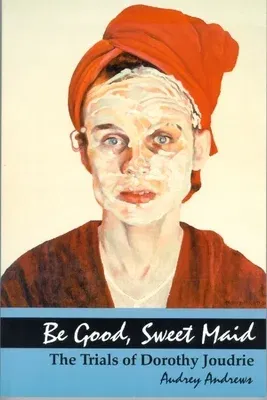January 21, 1995: Dorothy Joudrie is arrested for attempting to murder
her estranged husband. Soon after, Audrey Andrews begins to write her
book. Audrey and Dorothy had known each other as children, but the
identification of Andrews with Joudrie goes beyond merely the accident
of a childhood acquaintance. It has to do with being subjected to the
same societal constraints placed on girls and women during the years
immediately following World War II, the years in which they had prepared
for their adult lives. Expectations, placidly accepted then, are now
seen as unrealistic and unreasonable. Did these expectations have some
part in causing the tragedy in Dorothy Joudrie's life?
When Andrews attempted to understand why Dorothy Joudrie had tried to
kill her husband, and to write Joudrie's story, she began to examine her
own life, her own expectations -- those she had of herself and those
others had of her. She also realized that telling the story of anyone is
an intricate and often ephemeral pursuit. Any story she wrote could only
be her version of Joudrie's experience. Nevertheless, it was important
to be as honest as she could about her interpretation of that life. She
determined to show carefully and accurately the damage that had been
done to one woman -- damage that is still being done to many others --
through prejudice, attitudes, traditions and the institutions that are
still the foundation of our society, and of our lives, everyday.
The result is a fascinating account of events leading up to the trial,
the trial itself and the effect of Joudrie's trial on the life of Audrey
Andrews.

